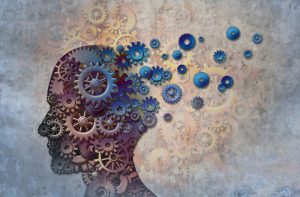News
Memories

No way! Was it really 30 years ago when the Berlin Wall came down?? Where and how did those three decades just disappear???
Our autobiographical memories are incomplete – some periods of our lives generate heaps of memories, while others receive relatively patchy coverage. Why is it that we remember some events, but not others? Our memories are not stored logically – they are collated and stored based on the emotional energy surrounding them – so the more powerful the feelings around the event – good or bad – the more likely we are to remember them.
Young children are notorious amnesiacs. Our brains do start remembering at a young age, learning simple associations even before we’re born, but we can’t consciously remember specific events before the age of about three. Even then, we are hard-pressed to remember much from before our sixth birthday.
Three different factors have emerged to explain this hazy recall. One possibility is that the neural pathways are not mature enough between the hippocampus – where memories are consolidated – and the rest of the brain, so experiences are never cemented into long-term storage. Language development also matters, because words provide a kind of scaffold on which we hang our memories. Children don’t remember an event until they have learned the words to describe it.
As we grow up, autobiographical memory becomes more active and eventually goes into overdrive, peaking in early adulthood. We are more likely to remember things that happen in this period of our lives than any other time, maybe as a result of anatomical changes to the developing brain during this period, or maybe because our brains are feeling emotions more keenly during adolescence and early adulthood. Even when young children are asked to imagine their future, they generally only fast forward to this stage of life, and not much further. As we get older, memory fades and future gazing becomes less important.
Whilst autobiographical memory may not be totally reliable, it remains an indispensable part of who we are…….for other events, however, memory is very robust: the assassination of JFK, the death of Princess Diana and the horrors of 9/11, for instance, all create strong and vivid memories that persist for decades.
At a time in my life where things were changing dramatically, both personally and professionally, it’s no wonder the fall of the Berlin Wall brings back many vivid memories – a time to reflect, certainly, and also a very appropriate time to say, bring on the next 30 years!!



